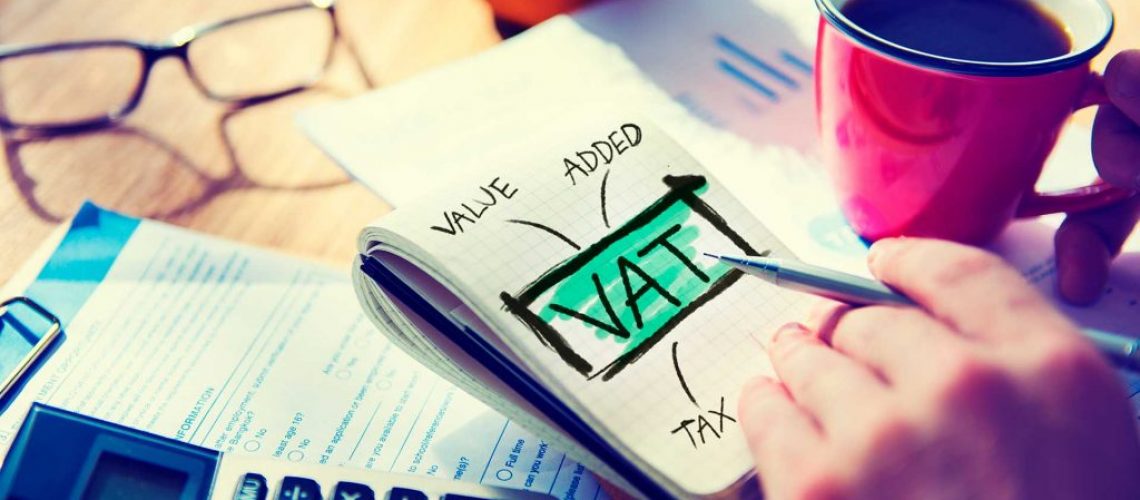My husband and I owned a construction business for 15 years. In that time, we weathered 2 drastic economic cycles and a few little ones. During the mortgage crisis in 2008-2010, we went from ringing phones all day – every day to literally overnight, they stopped. We had multiple large contracts cancel. In the aftermath, we went from 32 employees to 14. Because he and I took our position as business owners very seriously, those months were excruciating. We didn’t just consider ourselves employers, we considered ourselves the ones responsible for putting food on the tables of our staff. In addition, in a small company like ours, the staff were much more than just employees, they were friends. After each job would finish up, we would be forced to let another few go. It was the most depressing and horrible months we’ve experienced. This was not the only one we experienced, but it was the worst. Anyone in business during that time, especially in construction, can tell you it was mind boggling. The landslide happened so fast and so out of control that it was hard to wrap your brain around what was going on. The chaos of the market, the chaos of our society and the chaos of nothing being the same or working the same as it had the previous decade was enough to make you crazy.
We knew we would make it through the storm but just didn’t know what we would look like after the fact. Here are some important lessons we learned through the multiple economic cycles we experienced:
- When the economy is in a landslide, you want enough money to sustain you through it.
- When the economy is good, you want to hang on to your cash and not spend like crazy.
- Cash is King. Knowing your numbers during the good times is vitally important because it is during the good times that you will want to put cash away for the next landslide…and there will be another landslide. History proves it. Just take a look at the National Bureau of Economic Research http://www.nber.org/cycles.html
- If you do in fact put money away during the good times, it is during the landslide that will begin your growth. That sounds counter intuitive doesn’t it? But during the landslide, tools, property, businesses and customers can all go up for grabs. If you have the cash to not only sustain what you have but to also be able to make smart purchases, this is where your growth begins. Being there to take care of customers who need your service will be huge. Having the cash to seek them out and establish a relationship is also a big part of growing during a downturn but it takes cash to do it.
- Not all economic cycles are the same. If they are not as severe as the mortgage crisis of 2008-2010, there are ways to get through it. During one small landslide, we actually raised our rates and got more business. There is perceived value in everything you sell and that includes services.
- No matter what, know your customer base. Stay in touch with them …. always. It is the relationships you build that will be the difference between them using someone else or being loyal to you.
- Know what gets you in the door. For us, it was $200 annual inspections. From there, they’d call us for the other services we offered.
So how does all of this apply to knowing your numbers?
- You won’t know how much money to put in savings during the good times if you don’t know what your profit margin is. I had a formula I used to ensure we were putting money back. I was very strict about this.
- Using a formula for your business to pay off EVERYTHING while the economy is good. Don’t let yourself go into the next economic downturn with any debt. Be on top of your budget and instead of getting lax on spending, stay as strict as you were during the tough times.
- Keeping an eye on your expenses during the good times is one of the most important tasks you can add to your ‘to do’ list. Your financial reports will help you stay on track.
- It’s really easy to overspend after a long slow business season. Don’t do it. Stick to a plan to put money away. Use the budgeting part of your accounting software.
- Business investments are not a bad idea unless you have not held onto enough cash to sustain your company through the next economic downturn. Be very careful and have enough cash in savings before you begin investing and tying up your money.
- Determining how much cash you need in reserve is not a science. It’s different for everyone. Here’s a great blog post from Score to help you decided for yourself: https://www.score.org/blog/how-much-cash-should-small-business-keep-reserve
- Calculated growth during an economic downturn is possible but can be a little nerve racking. By carefully tracking the numbers to see how the economy has changed your budget is the first step. Do a careful analysis and predict how much you’ll need in the event the economic slump continues for another two or three years. Once you feel comfortable you can sustain business for a period of time, then and only them will you want to take advantage of opportunities which arise.
Keeping up with your bookkeeping is important no matter the economic climate however this knowledge is invaluable when times get tough.

